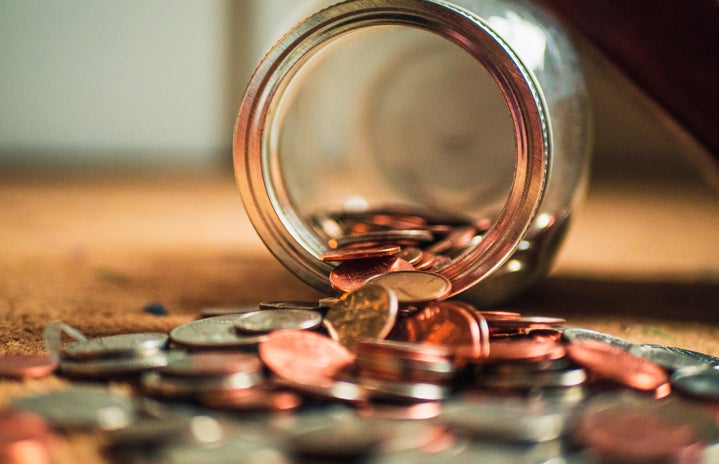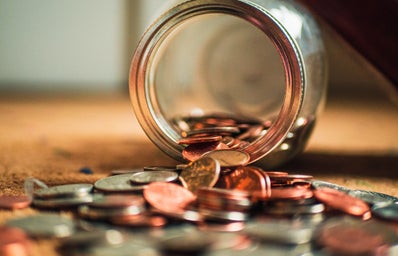We all know that being a girl is expensive. I complain about it all the time. But did you know that recently politicians and studies have actualy proven that women pay more every year for the same products as men? It’s a phenoneom called the “Pink Tax” and it makes people like me – cheap people- a little annoyed.
So what is “The Pink Tax?”
The term “Pink Tax” refers to the inflated price of women’s products in comparison to the marketplace equivelents designed for men. According to the the American Credit Union, studies show that women spend nearly $1,400 more than men because of the inconsistency in pricing. Georgette Sand, a French femenist, called attention to this issue in 2014 after petitoning the French retailer Monoprix to adjust its prices.
The most basic way to think about is like this: a man and I both buy the same brand of shampoo, in the same sized bottle, but I buy the one marketed toward women. Ounce per ounce, I will pay end up having to pay more.
The same goes from razors with the same blade count, soap of the same bar size, and other personal hygien products. In fact, a 2010 Consumer Report observed that “products directed at women—through packaging, description, or name—might cost up to 50 percent more than similar products for men.”
Check out this video for more examples of what I mean.
What does the oposition say?
While these price differences are observable in any grocery store aisle, not everyone agrees as to why they exisit. Steven Horwitz, an economics professor at St. Lawrence University, questioned if the products being compared were, in fact, the same. He points out that cutting a woman’s hair is seen as a more complicated task than cutting a man’s ahir and therefore the skill required warrants the more expensivve price tag for Jane’s trim and not John’s. Horwitz also suggests that maybe it is not a “pink tax” but rather a “blue discount.”
“Things are valuable to us because we believe, for whatever reason, that they will contribute to the satisfaction of our various ends. So perhaps women are willing to pay more for a particular cosmetic product because they have a strong preference for how it smells, or some other feature of the good that does not matter as much to men,” Horwitz wrote for FEE.org
So what is the bottom line?
There is a gender-based pricing bias for many products on the market. However, you can overcome them in several cases. If you are like me and don’t feel a strong attachment to pink razors, buy men’s razors. They typically have a high blade count and anyway and usually last longer. You can also avoid colors altogether when shopping and buy brands that are not marketed toward a specific gender. Finally, if you can go with out without your signature scent, buying men’s deoderant can also be away to save. Ultimately, everyone is affected by the “Pink Tax” differently and you’ll have to individually analyze how you are being affected.


